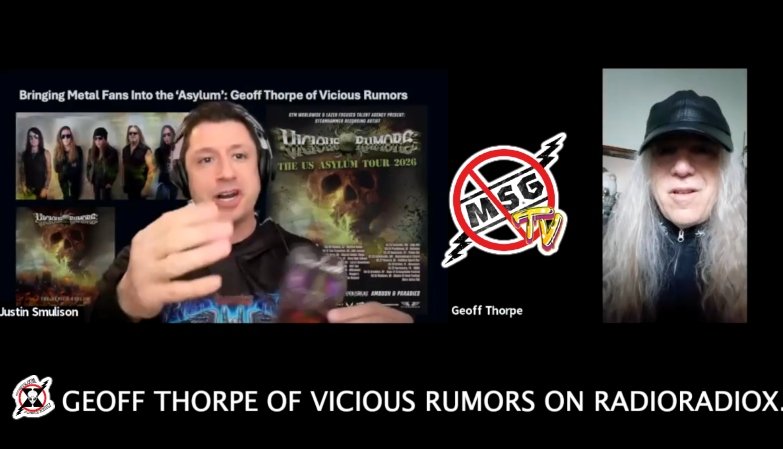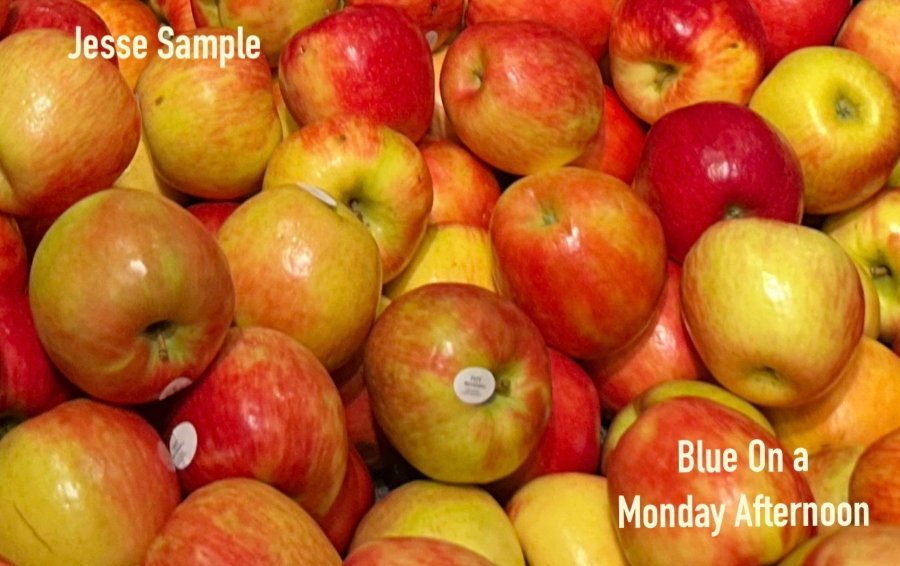Jerome Brown, S.N.U.G. and the Pulse of the Community
By Staff on July 8, 2020
A few weeks ago I was on S. Pearl Street, just a few blocks away from a deadly shooting that occurred. That same young shooter was linked to another shooting that almost got a close friend of mine shot. About a week ago a friend of the family was gunned down in Cohoes, he (Tyshawn Daniels) was only eighteen. This hits home and I knew this was the time to finally interview Jerome Brown (Program Manager) of S.N.U.G. (Should Never Use Guns).
RRX: Thank you for taking the time to speak with us today about a problem plaguing not just our cities in the Capital Region but America. The issue at hand is gun violence. Tell us how you became involved with SNUG.
JB: I was told about the SNUG program from a cousin of mine while living in Buffalo, NY. She knew I always looked to mediate conflicts in my own neighborhood and I had a background doing security so it seemed like a natural fit. I volunteered until a position became available and started off as a violence interrupter (which was the lowest level position at the time) and through a good work ethic and a passion to help the people I kept elevating until I reached the Program Manager position.
 RRX: For people that aren’t as familiar as they should be with your work in our communities please explain in your own words what it is that you actually do.
RRX: For people that aren’t as familiar as they should be with your work in our communities please explain in your own words what it is that you actually do.
JB: We work to reduce shootings and homicides in our community. We do this by utilizing conflict mediation. We work with the highest risk youth who may be in danger of being shot or those likely to be doing the shooting ages 15-24 years old (this is just a guideline, youth may be older or younger). We don’t just work with the victims but also do work on the perpetrator sides as well.
RRX: So when there is a shooting SNUG goes to the scene for a “shooting response,” what does this entail?
JB: Actually SNUG is in the community before shootings trying to get a pulse of the community. We pride ourselves on being proactive instead of reactionary. We are building relationships with the highest risk individuals trying to first see if they have any conflicts that we can help mediate. Once there’s no conflicts we try and meet the youth where they are at (the current state of their life and direction they want to go) and connect them to resources and opportunities whether it be employment, education, health care etc.. Once a shooting happens our staff mobilizes if we aren’t already in the community. Some staff goes to the scene of the incident and other go to the Albany Medical Center and interview the family and victim if possible. We then meet back together and strategize who has the best relationship with the parties involved. We try to work on both sides on the incident and create some type of dialogue between the groups in hope to prevent any retaliatory shootings. Note: SNUG is a voluntary program so no one can force you to work with SNUG. Some shooting victims deny SNUG services but that doesn’t mean we stop looking for ways to mediate. We then hold a Shooting Response (usually within 72 hours) which is a peaceful gathering to let the community be aware there was a shooting.
RRX: If the news is correct 38 people in Albany were shot in the month of June. These numbers are staggering. People need to feel safe again. Little kids should be able to play outside without the threat of crossfire. Do we have any idea what caused the recent spike in gun violence?
JB: Interpersonal relationships are one of the main causes. People have disagreements with individuals they were acquainted with and don’t know any other way to settle them except for the culture those they are around utilize. Also, there’s a historical beef that some kids grow up attaching themselves to like in the Albany vs Troy Beefs. This senseless beef has youth taking up arms to protect the names of people who they have never met and trying to protect their honor/legacy with more violence. Both sides create friction by “talking on the deads” which is a term used to disrespect the name of the other side deceased comrade, even if the youth wasn’t born at the time that person passed away (usually to violence). There are still lower percentage of incidents like domestic and robbery gone bad.
RRX: On June 30th SNUG held a “Cease Fire” rally at Malcolm X Park in Albany. You had some real inspirational things to say. Please explain for the people about your pleas for peace.
JB: We just need to continue to be proactive in the community, we need to work together and try and meet the youth on their level of understanding first before we can try and change their mindsets and ways to manage conflict and effectively communicate. We need to stop waiting on city officials to clean everything up because that will cause more arrest and prison for those involved. Once these guys get out of prison if they haven’t dealt with their issues they just dive back in once they are released. We need to deal with trauma as a people. Historically Black and Brown people experience the most trauma but seek the least treatment. We need the youth to see more people that they relate to engaging with trauma and using it as a health benefit. So many are buying into it now but if this information isn’t shared by those utilizing it and gaining benefit from it, it’s like the best kept secret. We have to share what helps us! We have a saying at SNUG, once the violence is gone we need resources and opportunities.
RRX: I heard you say how you changed your life around, it is not too late for these kids out here. What is SNUG doing to reach the youth. What programs are available?
 JB: I was a gang member for over 15 years. I’ve served state, city and federal time for choices I’ve made and even for non-choices just by being affiliated with gangs. I wished I had a SNUG worker to get involved with me when I was young going through these challenges in life but there were no SNUG workers back then. All the community centers lost their funding so there were no more positive role models in the community, so all we had left were the gangs to be a part of. All youth goes through a teenage transition they look around for identity and belonging, so if all they see is the gang life and those are the only ones giving them an invitation to join then what do you think they are going to do? We have to be INTENTIONAL with our approach. That’s why at SNUG we see what the youth interests are and try to match them with other influential people who can assist them in their goals. We have to listen to them during mediation to get to the root cause of incidents and see if we can make sense of why it snowballed. We try to ask them what is violence going to solve and what alternative ways can we mediate the conflict? We connect youth to anger management through our parent agency Trinity Alliance of the Capital Region which also has a lot of wrap around services for the youth and community as a whole. We work with employers to get them to understand our youth first and the challenges they face. Then we try and present the best youth for that employer because we want that youth to be successful. We have trauma services by our social worker who listens to what the youth or their family is going through and refer them to the best clinical practice to suit their needs. We work with Urban Grief and Lisa Good who has been doing trauma services in the Capital Region for years. We have our first Youth Job Fair coming up on July 11th. The list goes on but we are always looking for new innovative ways to create change and we’re open to suggestions.
JB: I was a gang member for over 15 years. I’ve served state, city and federal time for choices I’ve made and even for non-choices just by being affiliated with gangs. I wished I had a SNUG worker to get involved with me when I was young going through these challenges in life but there were no SNUG workers back then. All the community centers lost their funding so there were no more positive role models in the community, so all we had left were the gangs to be a part of. All youth goes through a teenage transition they look around for identity and belonging, so if all they see is the gang life and those are the only ones giving them an invitation to join then what do you think they are going to do? We have to be INTENTIONAL with our approach. That’s why at SNUG we see what the youth interests are and try to match them with other influential people who can assist them in their goals. We have to listen to them during mediation to get to the root cause of incidents and see if we can make sense of why it snowballed. We try to ask them what is violence going to solve and what alternative ways can we mediate the conflict? We connect youth to anger management through our parent agency Trinity Alliance of the Capital Region which also has a lot of wrap around services for the youth and community as a whole. We work with employers to get them to understand our youth first and the challenges they face. Then we try and present the best youth for that employer because we want that youth to be successful. We have trauma services by our social worker who listens to what the youth or their family is going through and refer them to the best clinical practice to suit their needs. We work with Urban Grief and Lisa Good who has been doing trauma services in the Capital Region for years. We have our first Youth Job Fair coming up on July 11th. The list goes on but we are always looking for new innovative ways to create change and we’re open to suggestions.
RRX: Are there any signs that parents should look for to help prevent their children in getting over their heads or mixed up in the drama of the streets? Is there any advice you can offer to kids or parents?
JB: Yes and glad you asked, we believe youth start transitioning around 11 years old. Whether its influence form the neighborhood, school or other areas just know once they leave your house things change. Youth are exposed to all type of bad influences and can easily be pulled in. Most of the time the kids are being bullied and join that group or the opposing group for protection or a sense of belonging. Parents need to have regular conversations with their children or young family members about violence, gangs and being bullied. Think about it as the birds and bees, most parents only have that talk once but if it’s not a consistent message it may be forgotten about. We need regular conversations about violence and ways to navigate through life without it. Parents should keep their kids in social activities that promote health, wellness and social responsibility. We need to treat gun violence like we treat sex education, teenage pregnancy, driving while texting or drinking, smoking cigarettes or doing drugs and teach about it in school. The youth are already speaking about it after things like Parkland, Columbine and Newton just to name a few. The Youth are organizing walkouts in protest and marching through the streets demanding change. Why are we not listening and teaching this in school. We already have active shooter drills. We educate what to do in a shooting but not how to avoid a shooting?
RRX: I want to thank you again for your work in our city. As a victim of a robbery at gunpoint myself I really appreciate it. Any final thoughts?
JB: My father was a robbery victim and got killed during a robbery when I was 6 years old. It left me to figure out how to be a man from others which is difficult. We have to continue to be intentional and consistent. Some youth have people in their lives for short periods of time but then poof they’re gone. I bet every youth that’s high risk can name someone who had a positive impact on them. If that individual could have built a community of healers and helpers around that youth his life probably would have had a better outcome. We have to build communities of healers and helpers around these youth and stop passing down our hurt, failures and disappointments to them.
On July 11th as mentioned a Youth Job Fair is being held (ages 15-25), employers and volunteers are still welcome to join. A book bag drive is also in the works and will be announced soon. To contact Jerome Brown (SNUG) j.brown@ta-cr.org or the office at 341 Clinton Ave Albany, NY 12206



 RadioRadioX
RadioRadioX